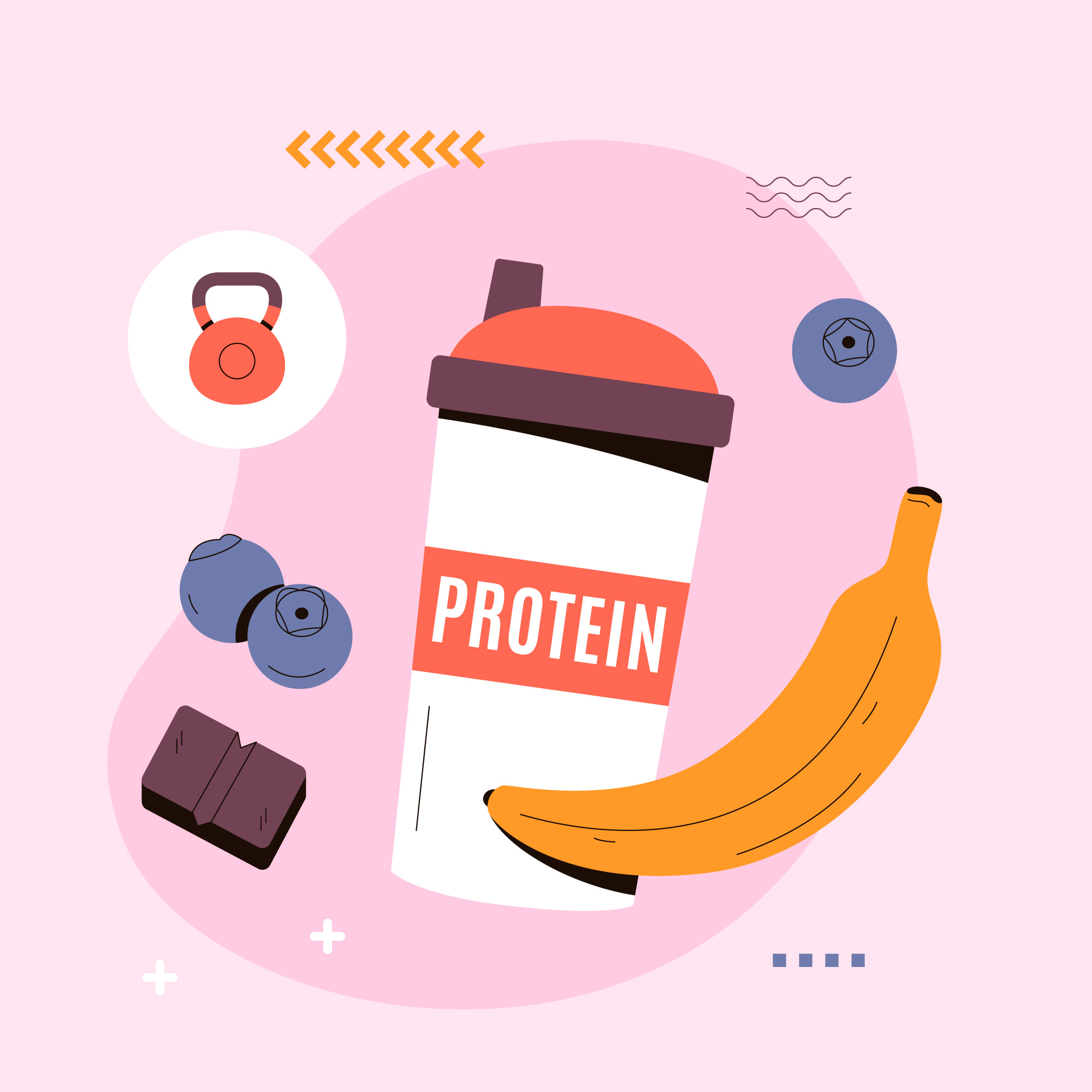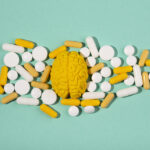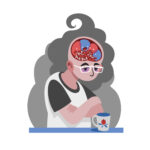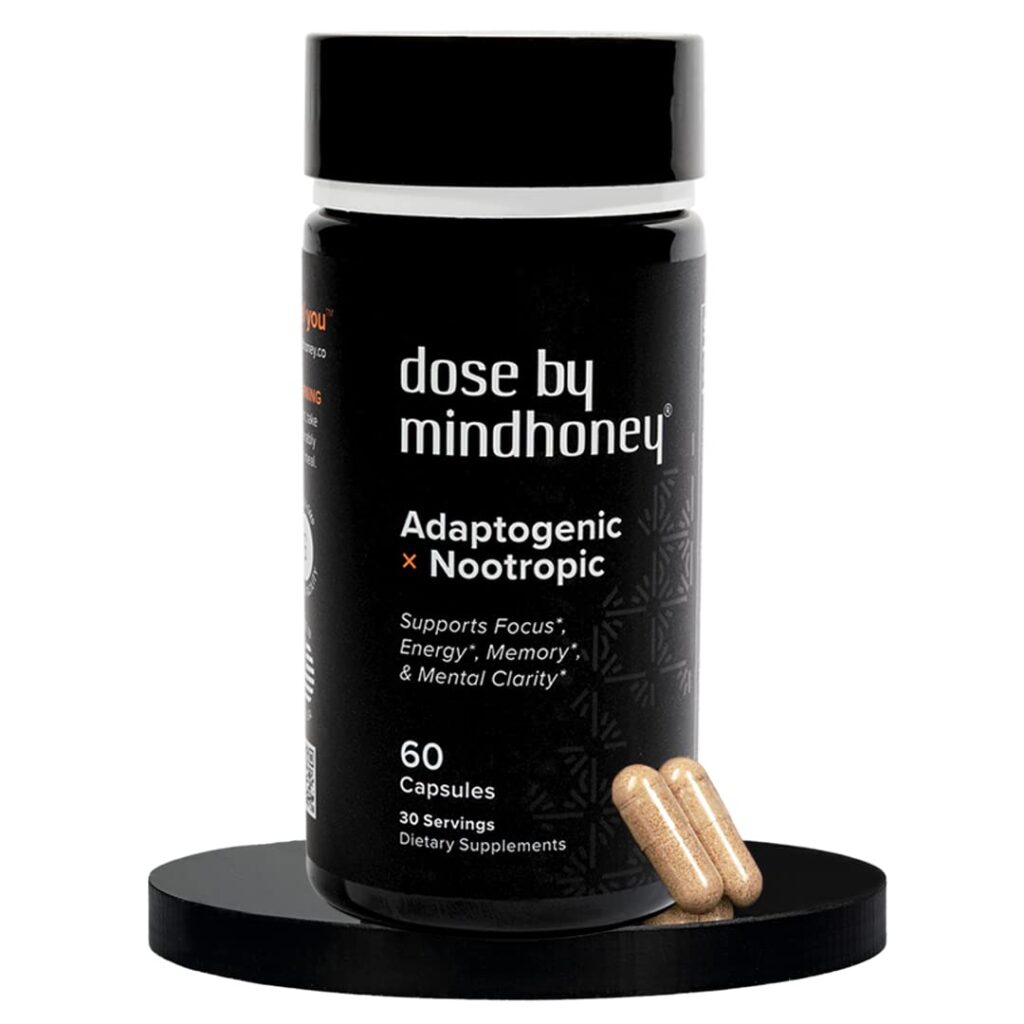The Role of Protein and Amino Acids in an ADHD Diet
Attention Deficit Hyperactivity Disorder (ADHD) is a complex neurodevelopmental condition that affects not just attention and focus but also emotional regulation and behavior. While medication and therapy are often primary treatment avenues, dietary choices can also play a significant role in managing ADHD symptoms. Among these dietary considerations, protein and amino acids stand out as essential components that can help support brain health and cognitive function.
Why Protein Matters for ADHD
Protein is crucial for everyone, but particularly for individuals with ADHD. This macronutrient is made up of amino acids, which are the building blocks for neurotransmitters—chemicals that transmit signals in the brain. Neurotransmitters such as dopamine and serotonin are particularly important for mood regulation, focus, and impulse control.
Amino Acids: The Building Blocks of Neurotransmitters
Amino acids can be divided into two categories: essential and non-essential. Essential amino acids must be obtained through diet, while non-essential amino acids can be synthesized by the body. Here’s how certain amino acids contribute to managing ADHD symptoms:
- Tyrosine: This essential amino acid is a precursor to dopamine, a neurotransmitter that plays a crucial role in attention and focus. Foods that are rich in tyrosine, such as lean meats, fish, eggs, beans, and dairy, can help maintain optimal dopamine levels.
- Tryptophan: Another essential amino acid, tryptophan is a precursor to serotonin, which helps regulate mood and can contribute to reducing anxiety. Sources include turkey, chicken, tofu, and nuts.
- Phenylalanine: This amino acid also helps in the production of dopamine. It’s found in high-protein foods like fish, beef, soy products, and eggs.
The Impact of Protein on Blood Sugar Levels
Another important aspect is the role of protein in stabilizing blood sugar levels. High-protein meals can reduce blood sugar spikes that may lead to hyperactivity and irritability. Including protein in meals and snacks can promote a steady energy supply, helping to maintain focus and mitigate mood swings.
A Balanced ADHD Diet
While increasing protein and amino acids is vital, it’s also essential to consider a balanced diet. Incorporating healthy fats (like omega-3 fatty acids from fish and flaxseeds), whole grains, and plenty of fruits and vegetables can create an overall nutritional profile that supports brain health.
Practical Tips for Increasing Protein Intake
- Start Your Day Right: Choose a protein-rich breakfast, such as Greek yogurt with nuts or a smoothie with protein powder.
- Snack Smart: Swap sugary snacks for protein-rich options like hummus with veggies or a handful of unsalted nuts.
- Make Protein the Star: Make sure that meals center around a good source of protein. Think grilled chicken, lentil salad, or chickpea stir-fry.
Why Choose Plant-Based Protein?
For those considering a plant-based approach, protein sources like beans, lentils, quinoa, and nuts provide not only protein but also a myriad of other essential nutrients. Additionally, plant-based proteins are typically easier on the digestive system and can contribute to a lower risk of chronic health conditions.
Try Live Goods Organic Complete Plant-Based Protein
To support your dietary needs effectively, we recommend Live Goods Organic Complete Plant-Based Protein. Our product offers a robust blend of essential amino acids derived from high-quality plant sources, making it an excellent addition to any ADHD-friendly diet. With no added sugars and a delicious flavor, it’s perfect for smoothies, baking, or just mixing with water.
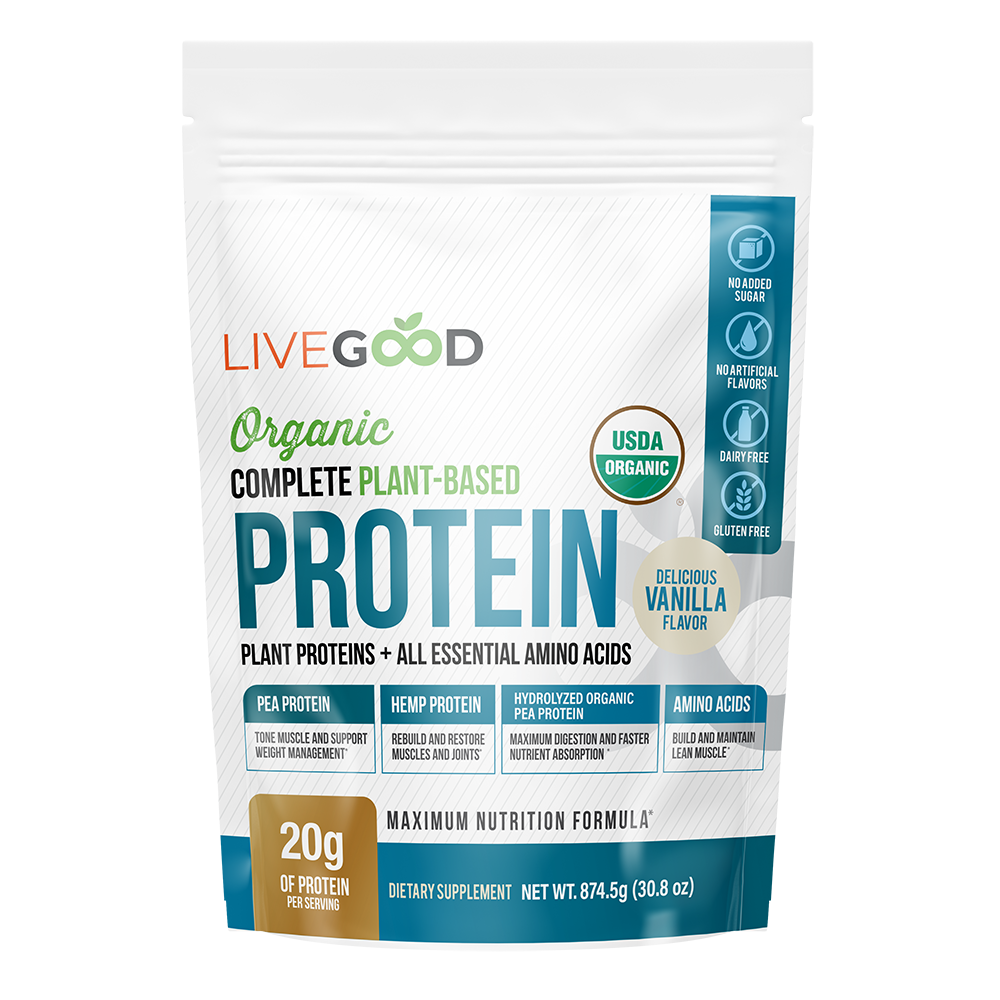
Transform your diet and support your brain health today! Visit Live Goods to shop our Organic Complete Plant-Based Protein. Elevate your nutrition and take a vital step toward managing ADHD symptoms effectively. Order now and enjoy a healthier, happier you!
By focusing on the right nutrients, including protein and amino acids, you can make positive strides in improving your ADHD management and overall well-being.
